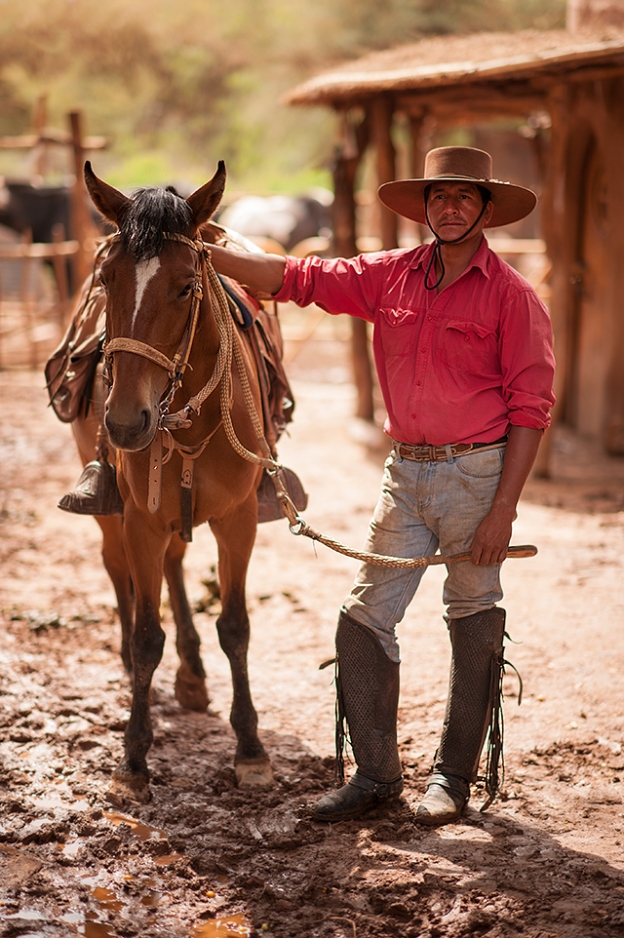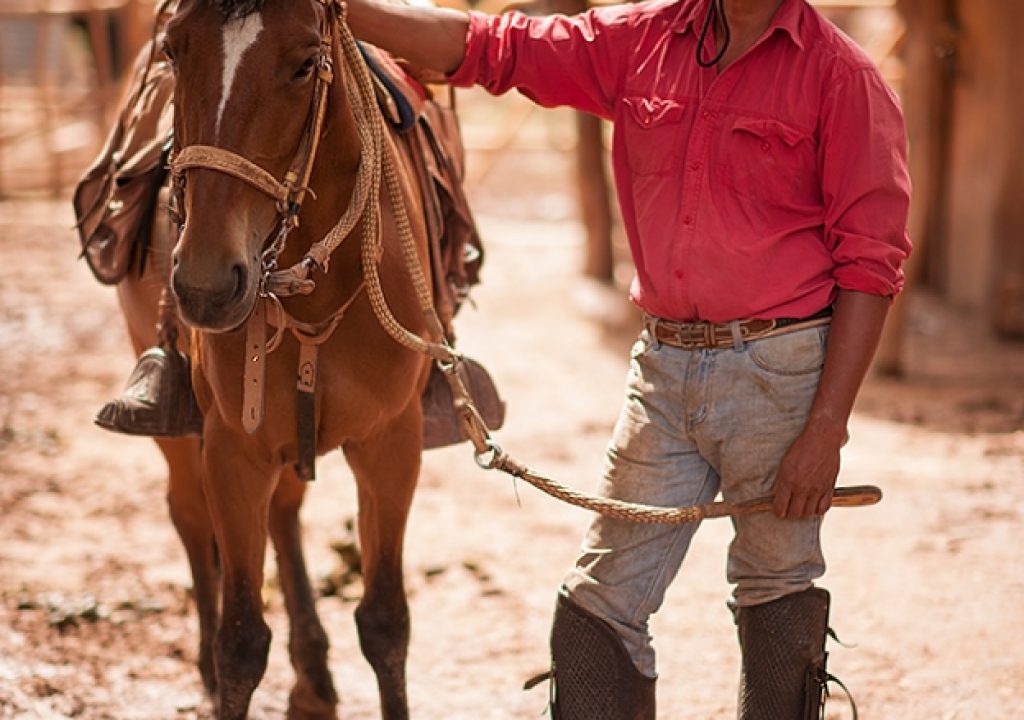
Have you ever been to a photo tradeshow and listened to people talk about their lens bokeh? To a non-photographer, this sounds a little suspicious. First question, how come everybody is saying bokeh so many different ways…how do you say bokeh? And second, more importantly, what is bokeh and how can photographers use it to create better images.
Let's talk about what bokeh is. Bokeh refers to the blur, and quality of the blur, of the out of focus elements in your image. If you shoot a wide angle at f16, then most elements will be sharp and bokeh is not too important. But if you shoot a portrait with a 200mm at F4, you will have lots of blurry subject matter in the background, and bokeh quality is important. You might be surprised at how bokeh varies from lens to lens; some lenses produce soft and silky bokeh, while others produce choppy bokeh. Many lens reviews will talk about the quality of bokeh produced by the lens.
How important is bokeh? For me it can make or break my image. Take the image above. This rancher in the Atacama desert was only going to let me shoot a few images, he had other things to do. The background was busy, but using a shallow depth of field and a lens with excellent bokeh saved the day. This image was shot with a 85mm F1.4 at F1.4, producing an almost painterly background. The Nikon 85mm F1.4 is well known for its beautiful bokeh; this lens is one of my favorites for portraits. There are many other lenses that produce excellent bokeh. Shoot your favorite lens wide open and take a look at the results. Also experiment with different aperture settings, this will also effect the quality of bokeh.
Don't have one of those pricey F1.4 lenses? You have other options to create pleasing bokeh. A recent addition to Photoshop in the Blur filter were actions like Iris Blur, which allows you to selectively blur background elements. You can also control the appearance of the bokeh using sliders in this filter. Another choice is Bokeh 2, a program from Alien Skin that produces bokeh in your image. Bokeh 2 goes way beyond just simple bokeh, this program has many different bokeh effects.
How do your really say bokeh? The word is derived from Japanese, so it is pronounced a little different than it looks. Try saying Bow-Keh, you'll be pretty close!

